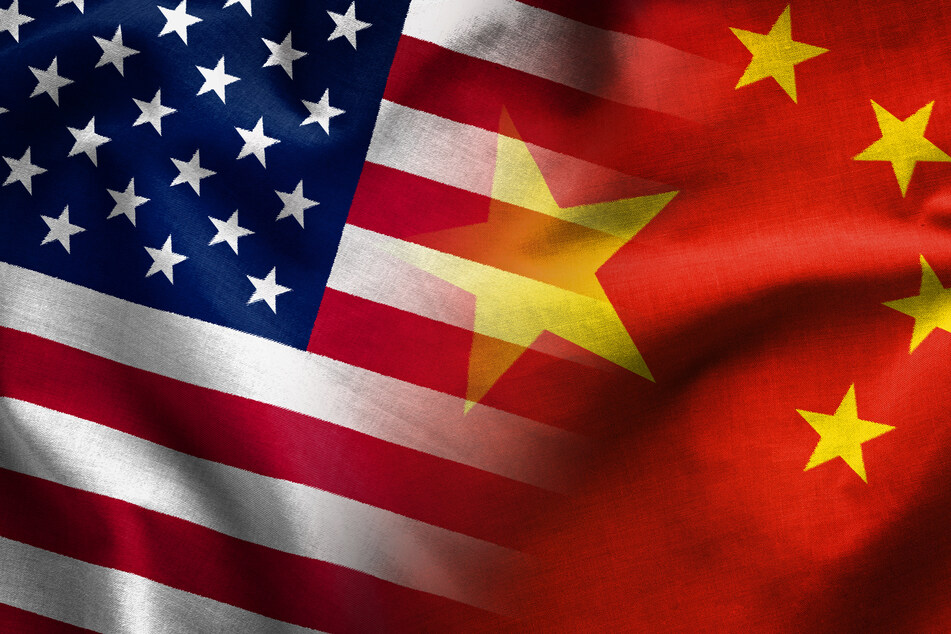US Senate set to pass large industrial policy bill to boost competitiveness with China
Washington DC – The Senate is set to pass the nation's largest industrial policy bill in an effort to compete with China.

According to the New York Times, the bill, which boasts strong bipartisan support, could receive a vote as early as Tuesday.
The legislation calls for $52 billion in subsidies for semiconductor manufacturing firms as well as an additional $195 billion for research and development in the areas of artificial intelligence, robotics, quantum computing, and other tech fields.
Interestingly, the measures proposed in the bill mirror the 2025 Made in China program, a Chinese government initiative that has invested in huge amounts of money in tech development.
Republicans are making a big departure from the party's opposition to government interference in the economy, but many say China is leaving them no choice.
The sponsors say the bill will help create jobs, but they also warn about the consequences if the American economy becomes dependent on China.
Senate Majority Leader Chuck Schumer said, "Around the globe, authoritarian governments smell blood in the water. They believe that squabbling democracies like ours can’t come together and invest in national priorities the way a top-down, centralized and authoritarian government can. They are rooting for us to fail so they can grab the mantle of global economic leadership and own the innovations."
US officials are concerned about China's dominance in telecommunications and worry that Beijing would have the ability to cut off American services.
The pending vote comes after Biden expanded the list of Chinese companies on the US blacklist.
Cover photo: 123rf/Sergii Gnatiuk
